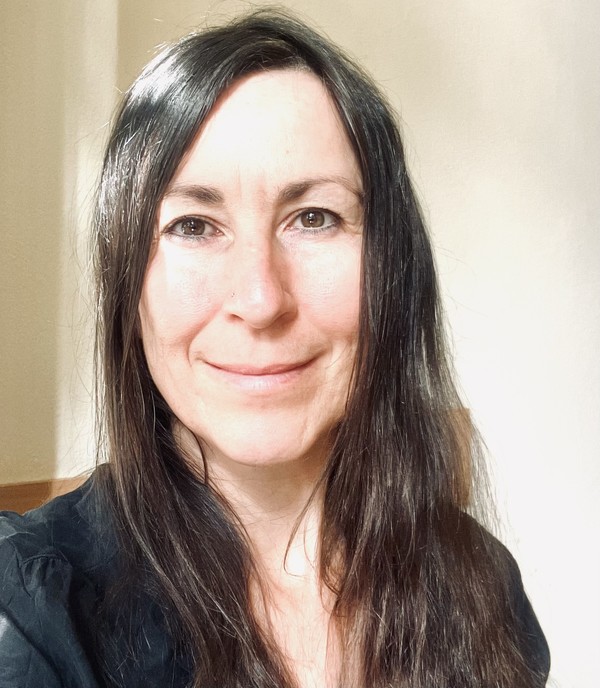I joined Palacký University Olomouc’s Department of Asia Studies and the MSC in September 2025 for the next two years, as a recipient of the Marie Skłodowska-Curie Actions (MSCA-CZ) postdoctoral fellowship. I hold a doctoral degree in International Political Studies from the University of New South Wales, Australia. Prior to my PhD, I spent eight years working with local civil society organizations in Thailand and Myanmar, providing capacity-building support to young ethnic activists engaged in gender, political, and environmental issues. These experiences sparked my research interest in democratisation, ethnic politics, education, and activism.
My dissertation was a political ethnographic study of ethnic perceptions of state-building during Myanmar’s semi-democratic period in the 2010s. During my visiting fellowship at the Australian National University’s Department of Political and Social Change (2022–2023), I reinterpreted my PhD fieldwork through post-colonial and critical race theory, and investigated the role of disruptive technologies in Myanmar’s post-coup activism. I also co-convened the Myanmar Research Centre’s Dialogue Series and served as lead convenor of the 2023 Myanmar Update conference. My postdoctoral project at the University of Copenhagen’s Department of Political Science (2023–2024) focused on examining the quality of inter-ethnic solidarity in Myanmar’s revolutionary context.
My current project builds on these findings. While the post-coup revolutionary moment has produced unexpected forms of cross-group solidarity, they remain fragile and unevenly understood. I use Participatory Action Research to explore how practices of solidarity—both online and offline—can foster social justice in conflict-affected societies experiencing social movements, with Myanmar as the primary case study.
In collaboration with participatory researchers, we will first examine tensions between elite agendas and the revolutionary ideals of youth and grassroots actors. We will then explore how solidarity is performed and contested in digital spaces through a digital ethnography of Facebook and Telegram interactions. Next, we will investigate the key barriers and enablers of inter-group and intersectional solidarity across institutional, grassroots, and digital arenas, aiming to develop a theoretical model of inclusive solidarity. Finally, we will co-design an innovative digital solidarity advocacy toolkit for democracy and peacebuilding activists, with insights transferable to other conflict-affected contexts.
This toolkit will possibly include an online short course for students, creative narratives for social media to promote grassroots cohesion and strengthen institutional solidarity efforts, and guidance for CSOs and policymakers. Depending on the skills and preferences of participatory researchers, creative digital narratives may take the form of short, animated explainers, interactive story maps, comics, or podcast audio stories.
